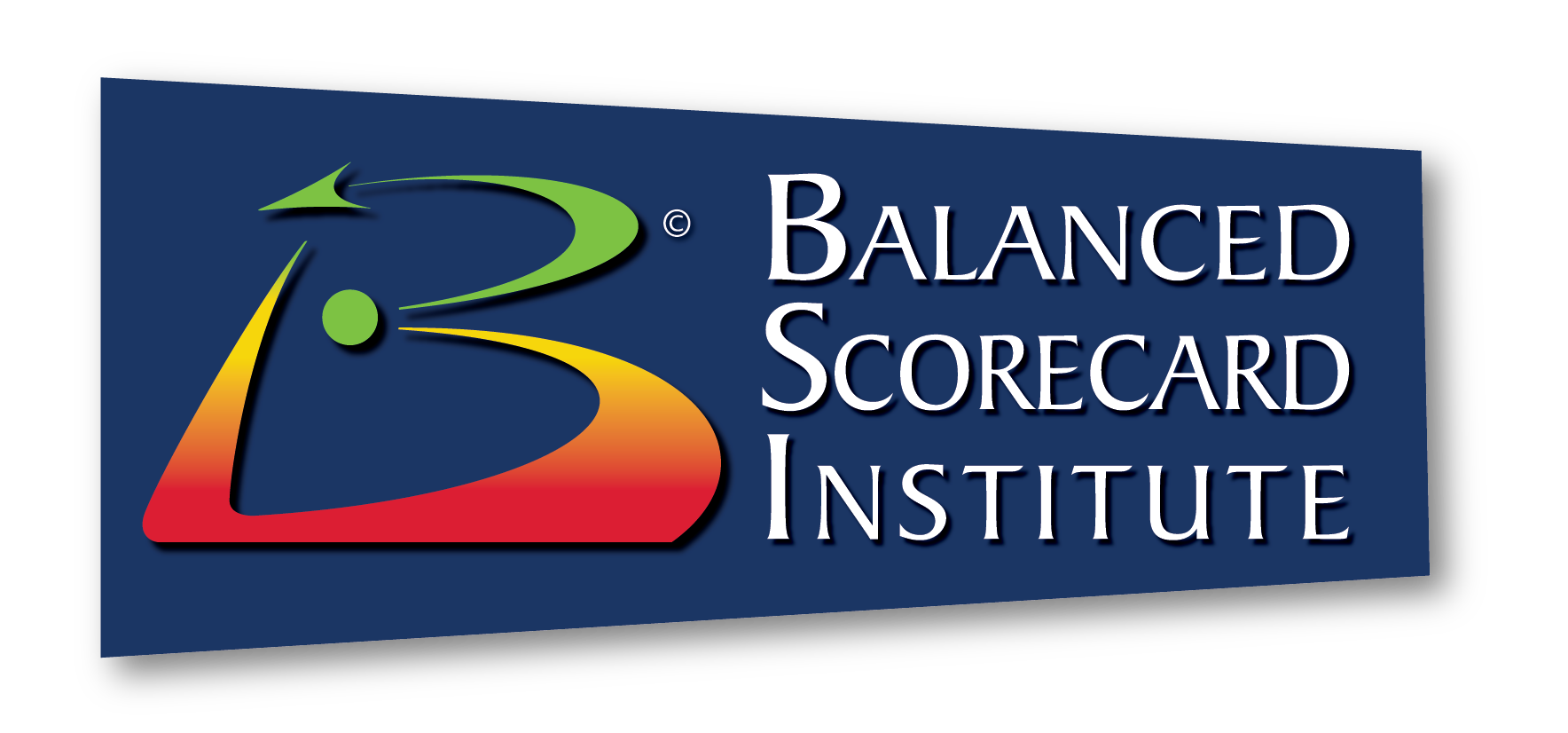I love to watch Shark Tank and I’ve been known to purchase a product that the Sharks reject. 
So, what was the problem? Why don’t the Sharks bite on a good product? Because it’s not about the product. It’s about the business.
I’ve observed business owners make the same 3 missteps in Shark Tank over and over. The owner is passionate about his/her product. They BELIEVE in it. But…
- Customer Value Proposition: They cannot articulate what sort of customers they would attract and what it is about the product or its usage that would ATTRACT those customers as compared to the competition. This is fundamental. And if you listen closely, Mark Cuban will usually ask questions about this. Skipping this step is a mistake.
- Knowing the Numbers: When the Sharks ask questions about customer base, sales, cost of production, market share, and such, they are assessing the current results of the business…not wishful thinking. Business valuation is based on some combination of current results.
- Growth Strategy: The Sharks will ask a lot of questions as they look for drivers of future performance. They are looking for a growth strategy.
And here is where things usually break down in the Tank. The owner cannot clearly articulate a viable strategy for reaching customers and growing the company to serve them. They cannot explain how the investment is connected to future results.
Sometimes a Shark has prior experience with a similar company and feels confident in his/her ability to identify the drivers after the investment. Other times, the Sharks give up because they cannot perceive a strategy to grow the company.
I’m waiting for the day when an owner shows up in the Tank with a plan similar to one that a start-up client of ours used to rapidly obtain investment funding. By laying out a clear picture of his growth objectives and how he intended achieve them…using a strategy map that connected the dots between drivers and results, this client laid out exactly how he would use the money and why. For example: To build staff capacity needed to grow, he needed to improve the knowledge and skills of his employees. He specifically wanted $10,000 to fund some specific training. Increasing capacity via his employee skills would drive a key process objective: to enhance vendor relationships. To further improve vendor relationships, the client asked for $15,000 to build a vendor database which would also differentiate him from the competition. And, improved vendor relations would increase efficiency in related processes which would free up staff to serve a larger client base. To grow the client base, he asked for $10,000 for specific marketing activities. And so on…it was all connected: from investments through resultant profit projections.
The client called us to SHOUT, “We got the $250,000 funding! No questions asked!” Amazing?
Not really. They used the proper tools to connect the dots and communicate their plan and to attract the investment.
So, would YOUR business attract a Shark? Or would you be rejected in the Tank?
To learn how to create a plan that is clear and easy to communicate…and to execute…we invite you to explore The Institute Way: Simplify Strategic Planning & Management with the Balanced Scorecard.
Gail is co-author of The Institute Way. With a career spanning over 30 years of strategic planning and performance management consulting with corporate, nonprofit, and government organizations, she enjoys speaking, training, and writing, sharing her experience with others. She currently is a Partner at Credera in Dallas, TX.


